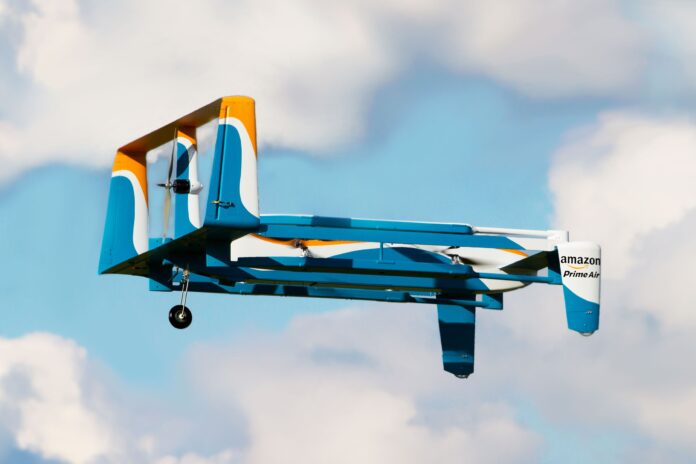The Federal Aviation Administration (FAA), – responsible for advancement, safety and civil aviation have, over the course of several years been in the process of setting aside new rules to assist in legalizing commercial drone flights.
A number of companies, it would appear have applied to the FAA regarding the commencement of field testing of robots in the air, to which the FAA have been granting various exceptions to the new set of proposed rules published.
On 19th March 2015 the FAA awarded e-commerce mogul airworthiness certificate to conduct research and development, as well as crew training; – this giving permission to Amazon to start testing drones in the US. This response was concluded after Amazon threatened to take operations overseas if their request was knocked back. Amazon’s drone plans were made known back in December 2013.
An exception to the certificate offered to Amazon.com, Inc. (NASDAQ:AMZN) was that the drones remain within sight of the operating pilot at all times. It was stipulated, that these pilots would have a pilots certificate as well as relevant, up to date medical certification”. The restriction of the drones having to remain in sight of the pilot at all times limits any future plans for Amazon to roll out any sizeable commercial operation.
Amazon.com, Inc. (NASDAQ:AMZN), having grand plans to utilise their drones through the air to deliver packages, foreseeing this method of delivery eventually becoming cheaper than conventional means, i.e. driving them on the roads – the air being a virtual skyway! Amazon envisage, that within 1-hour of an order being placed, no sooner would it then appear on the rooftop of the recipient – logistical and regulatory requirements still to be sorted out first; however hopefully by the time all these issues have been ironed out, the restrictions in place by the FAA will be reviewed and hopefully amended so that Amazon are able to work to greater parameters intended.
For initial testing these restrictions are understandable, however for the long haul they are no doubt- severely limiting, should they remain in place?









